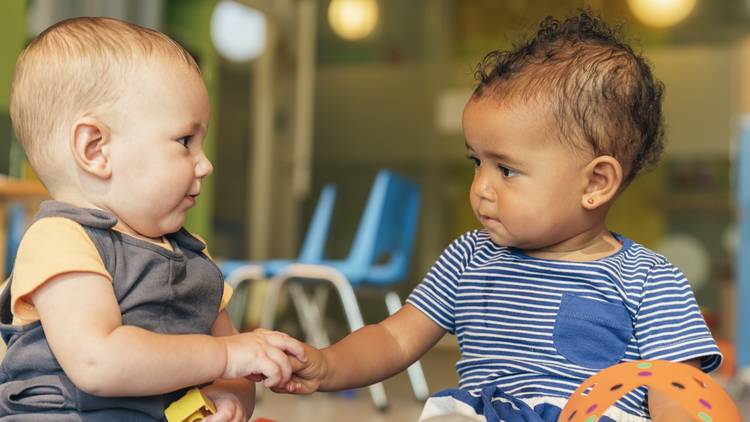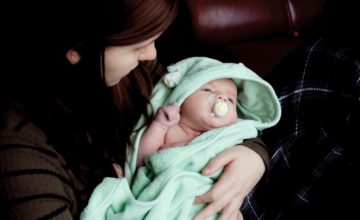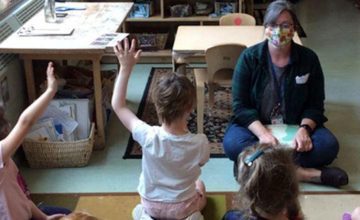The Florida Early Learning and Developmental Standards are a comprehensive set of early learning guidelines for children birth to five, formally adopted by the State Board of Education in 2011, and updated in 2017.
The set of standards were created using multiple resources, including Alaska’s and Washington state’s guidelines, and are grounded in Florida’s conviction that children’s early experiences are directly related to later success in school, the workplace and life. Florida’s Office of Early Learning also created a set of online courses for child care professionals to learn how to properly execute standards in both child care centers and home environments. Upon successful completion of all assessments associated with the online training, participants receive continuing education units (CEUs). Child care personnel are required to complete a minimum of 5 hours or .5 CEUs of training annually.
The standards can be used in a variety of ways; the first of which being to help parents, caregivers and teachers create intentional and appropriate experiences for young children based on each child’s developmental accomplishments. The second way that the guidelines should be used is for helping adults understand what young children may be able to do, while providing appropriate and inappropriate expectations. The standards can also be a useful tool for enriching the experiences of young children with special needs based on the understanding that all children develop at a different rate and/or sequence. Fourth, the standards create a common language for parents, caregivers and teachers to ensure a seamless and enriching set of early experiences based on nurturing relationships and active exploration.
The standards are organized around five areas of development: physical development; cognition and general knowledge; social and emotional development; language and communication and approaches to learning. Each domain is broken down into sub-domains that focus on more specific areas of development. The standards provide several examples for each domain and were designed in recognition of diversity (cultural, racial, ethnic, economic, language, and social background).
The Florida Office of Early Learning continues to release related resources. For the latest resources for families and providers, click here click here.
Updated January 2020




